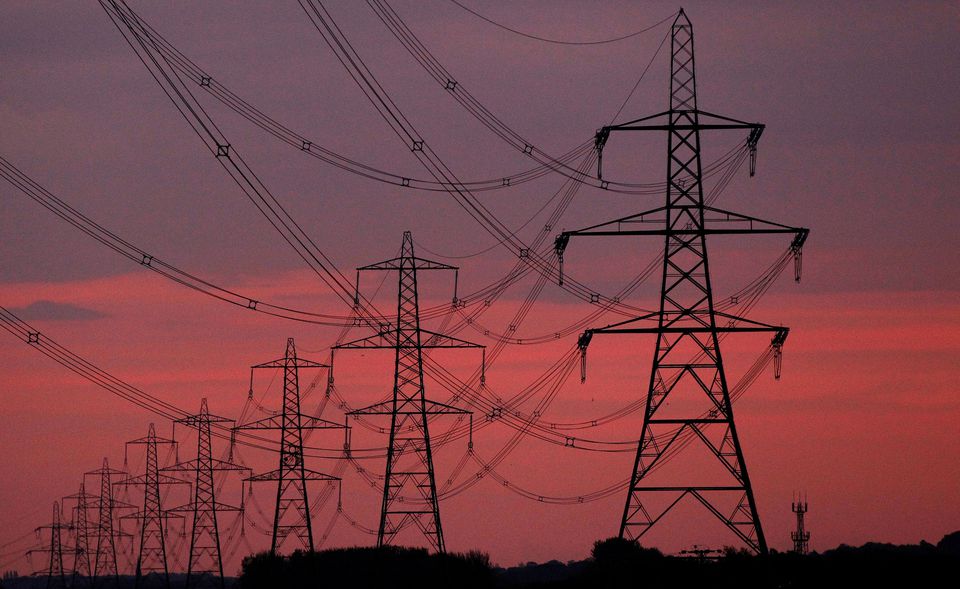The costs for Cyprus will be significant if it does not adjust itself to the EU target of reducing greenhouse gas emissions by at least 55 per cent by 2030 under the Fit for 55 programme, MPs heard on Wednesday.
The House environment committee was briefed on the programme by the department of the environment, leading committee chairman, Greens leader Charalambos Theopemptou to say that based on what they heard, there is a need to increase all targets included in Cyprus’ energy and climate plan.
He also said that the emissions fines on the electricity authority EAC had risen sharply, and with the energy crisis this would increase to between €150 million to €200 million that would be borne by consumers.
“It is estimated that 35 per cent of an electricity bill is nothing more than the rights paid by the Republic of Cyprus to emit pollutants,” he said.
He also said that there was an urgent need for a national plan that will achieve climate goals, a monitoring plan, and the involvement of society as a whole.
“Anything that takes us further from these goals will cost us dearly as a society and as consumers,” he said, adding that taxes on fuel for travel in cars and planes, and for goods brought by ship “are coming”.
“This will increase the cost of living in Cyprus, which is why we should all organise to achieve our goals and reduce the burden on society.” He also said there was a duty to help people who would have difficulty due to these changes.
Disy deputy, Savvia Orphanidou said that there were 13 proposals within the European Commission which are currently being discussed. Cyprus, like all member states, has drawn up the national action plan for climate and energy and is being implemented horizontally by all ministries.
“Our main goal is to comply with the penetration of RES to the right level,” she said.
Opposition Akel MP, Nicos Kettiros said work needed to start immediately “since the issue of climate change does not need communication management”.
“It is a matter of fact and literally a matter of life and death,” he said.
He also said that measures must be taken without fear of economic consequences since in the long run the transition to a green economy will have a positive impact.
“The government has not done what it should have done in previous years,” he said. “That is why instead of investing money now to promote the green economy, we are paying millions for polluting.”







Click here to change your cookie preferences